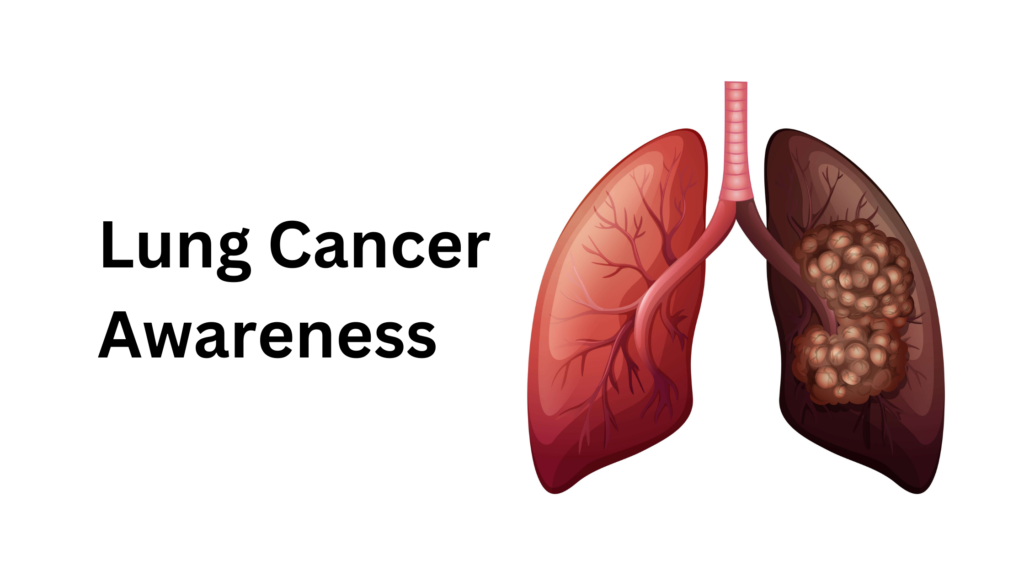Lung Cancer is the most common cause of Cancer death in the UK. This is for both men and women. More than 43,000 people are diagnosed with this condition every year in the UK. Cancer is a condition that starts when abnormal or damaged cells grow and multiply in areas they should not. They can form tumors which can then travel to other parts of the body to form new tumors. These are then called secondaries or metastases.
Lung Cancer comes in two forms. It can be a Non-Small Cell Lung Cancer, which is the most common form or a Small Cell Lung Cancer which is less common and usually spreads faster.
Causes
A significant cause of Lung Cancer is smoking. The reason for this is due to the poisons and carcinogens contained within the tobacco. Smoking cause 90% of all Lung Cancers. It can also cause Lung Cancer in non-smokers due to second hand smoke.
Other possible causes include:
- Exposure to Radon. This is a natural radioactive gas. Generally, comes from uranium found in rocks and soils and sometimes in buildings.
- Exposure to pollution and exposure to certain chemicals including:
- Arsenic
- Asbestos
- Beryllium
- Cadmium
- Coal and coke fumes
- Silica
- Nickel
Research has also found that exposure to diesel fumes, over a number of years, increases the risk of developing Lung Cancer.
Symptoms
Unfortunately, there are usually no signs or symptoms in the early stages of Lung Cancer.
The main symptoms, which occur later, are as follows:
- Cough, lasting more than 3 weeks and can worsen with time.
- Repeated chest infections.
- Coughing up blood.
- Aches or pain when breathing or coughing.
- Lack of energy.
- Loss of appetite or weight.
Less common symptoms can include hoarseness to the voice, wheezing, difficulties swallowing and changes to the ends of the fingers (clubbed fingers).
Diagnosis
Lung Cancer can be diagnosed a number of ways. A combination of chest X-rays, CT scans and PET scans can be used. Along with a biopsy, which is where a sample of the lung tissue is tested in the laboratory to determine if there is any Cancer, and the type of Cancer it may be.
Treatment
Treatment will depend upon the type of Cancer and whether it has spread. It will also depend upon the health of the person themselves. Often Lung Cancer will be diagnosed in people who are older and have other underlying health conditions. A diagnosis of Lung Cancer is rare for those under the age of 40 years, and many (40%) will be over the age of 75 years.
- Surgery may be indicated if the Cancer is contained in the lung and has not spread.
- Radiotherapy may be indicated if surgery is not possible.
- Chemotherapy can be advised if the Cancer has spread.
- Targeted therapies can be recommended which slow the rate of spread.
Unfortunately, as Lung Cancer is rarely diagnosed early, prognosis/outlook is not as good as for other types of Cancer.
Prevention
- STOP SMOKING. However long you have smoked, stopping will reduce your risk. NHS Smokefree (https://www.nhs.uk/better-health/quit-smoking/) can offer advice and support to help quit smoking. You can also call 0300 1231044. Your GP or Pharmacist can also give advice and help.
- Eat a healthy, balanced diet. There is some research that shows a balanced diet can reduce the risk of developing Lung Cancer as well as other types of Cancer and Heart Disease.
- There is some evidence to suggest that exercise may reduce the risk of developing Lung Cancer even in those that still smoke or used to smoke. It can also help ease Mental Health symptoms.



